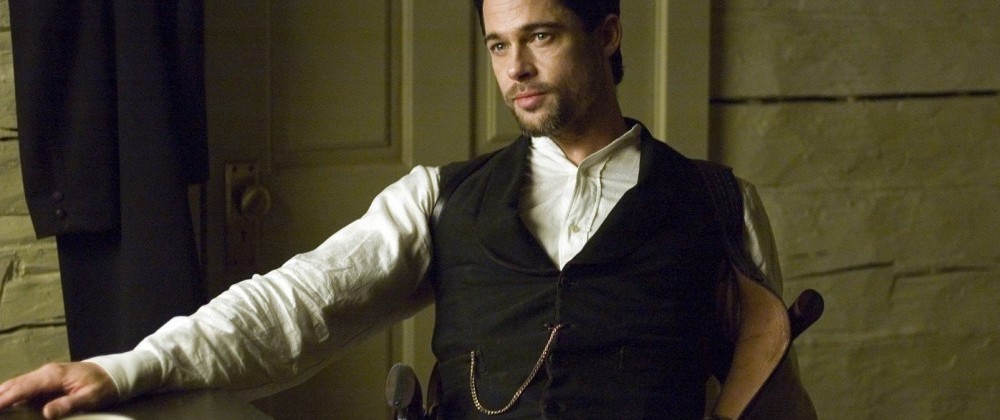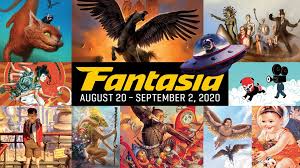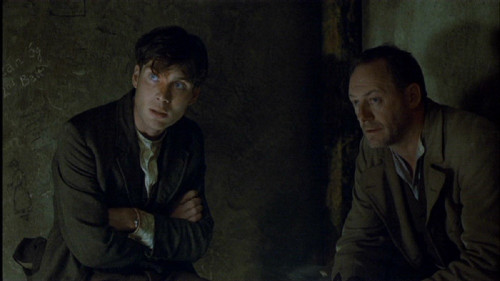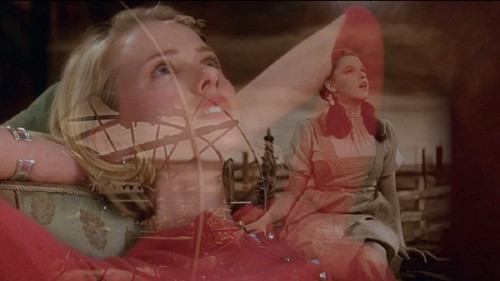Volume 12, Issue 4 / April 2008
The Western Genre
In this issue
-

The Assassination of Jesse James by the Coward Robert Ford: A Study in Melancholia
-
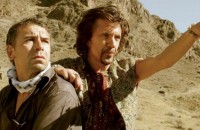
Ulzhan: Schlöndorff’s Globalized Eastern Western
-
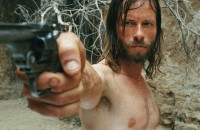
The Good Son: John Hillcoat’s The Proposition
-
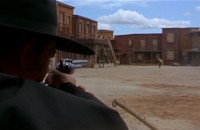
Once upon a time…: Introduction to the Theme of Nostalgia in the Films of Sergio Leone
-
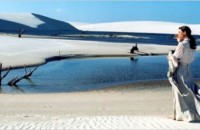
The House of Sand
Western Brazilian Style
Although the western is one of the true authentic American genres (along with the musical, and arguably the film noir), and has been a mainstay since the early days of cinema, it has also suffered peaks and valleys in its production history, subject to the whims of broader social/cultural interests and technological changes (the rise of television for example). One thing for sure is that in recent years there has been a renaissance of both form and content in the western: Open Range (Kevin Costner, 2003), Brokeback Mountain (Ang Lee, 2005), 3:10 to Yuma (James Mangold, 2007), No Country for Old Men (the Coen brothers, 2007), The Assassination of Jesse James by the Coward Robert Ford (Andrew Dominik, 2007), There Will be Blood (Paul Thomas Anderson, 2007), Blueberry (France, Jan Kounen, 2004), and Sukiyaki Western Django (Takeshi Kitano, 2007)). As the latter two entries testify, the western soon opened up to other nations, most notably Germany (pushed on by the best-selling novels of Karl May) and Italy (the largest producers of westerns after the United States). Offscreen devotes this issue to (largely) non-American westerns, with only one of the five essays featuring an American western, The Assassination of Jesse James by the Coward Robert Ford (though that too, filmed in western Canada and directed by a New Zealander!). The following essays feature, respectively, Germany (though that too is a co-production), Australia, Italy, and Brazil. Authors Hans-Bernhard Moeller and George Lellis contextualise the German film Ulzhan as a Western which riffs on the classic American genre but within a contemporary geo-political landscape that bespeaks the film’s multinational basis (France, Kazakhstan, Germany). Replacing the American landscape with the Kazakh wilderness leads to an equal shift of emphasis which acknowledges the colonial/imperialist history of the classic American Western but balanced with ‘Eastern’ issues (land, spirituality, ancient tradition, death). In his essay on the Australian western The Proposition author James Rose situates the film within the familiar yet strange expanse of the Australian outback, as a space which plays out the age-old Western theme of garden vs. jungle, civilization vs. wilderness, and the individual vs. the community. The outback encompasses the film’s vision of a place where violence and violent men are what is needed to achieve civilization, and not domesticity and lawmen. Interestingly, Nick Cave provides another link between two of the films looked at here. Cave (along with Warren Ellis) wrote the music for both The Proposition and The Assassination of Jesse James by the Coward Robert Ford. He also wrote The Proposition and has a small role as a bar singer/guitarist in Assassination. Roberto Donati’s essay looks at the theme of nostalgia in the (mainly) western films of arguably the most important director of non-American westerns, Sergio Leone. And Khoo Guan-Soon analyzes how some central western thematics are treated in the Brazilian context of The House of Sand. (Donato Totaro, ed.)

